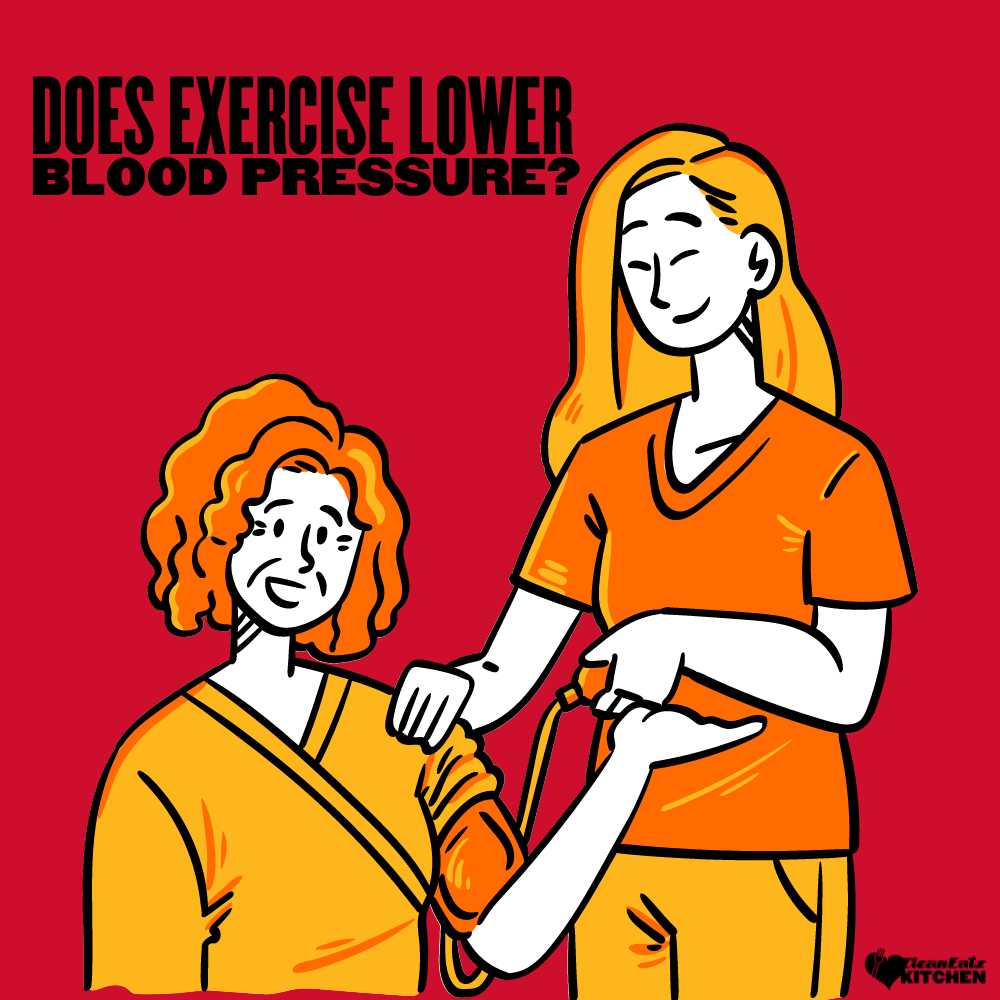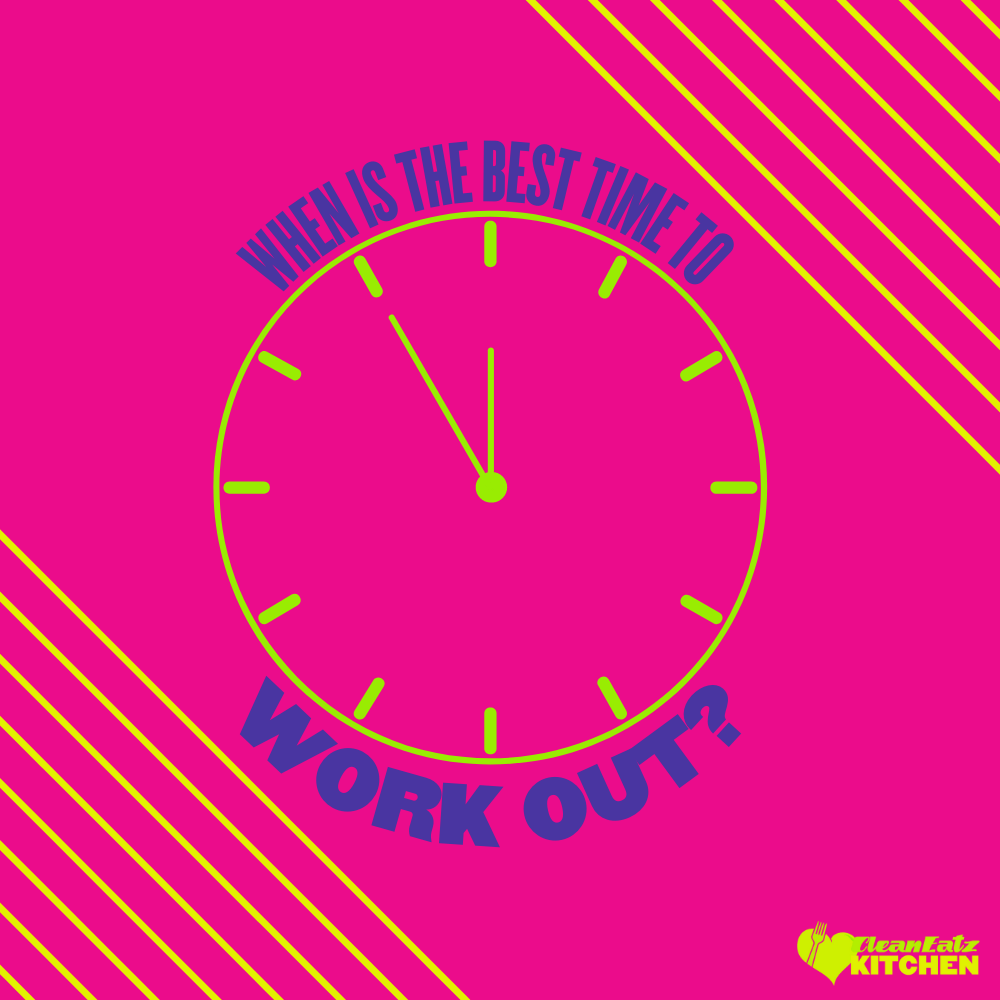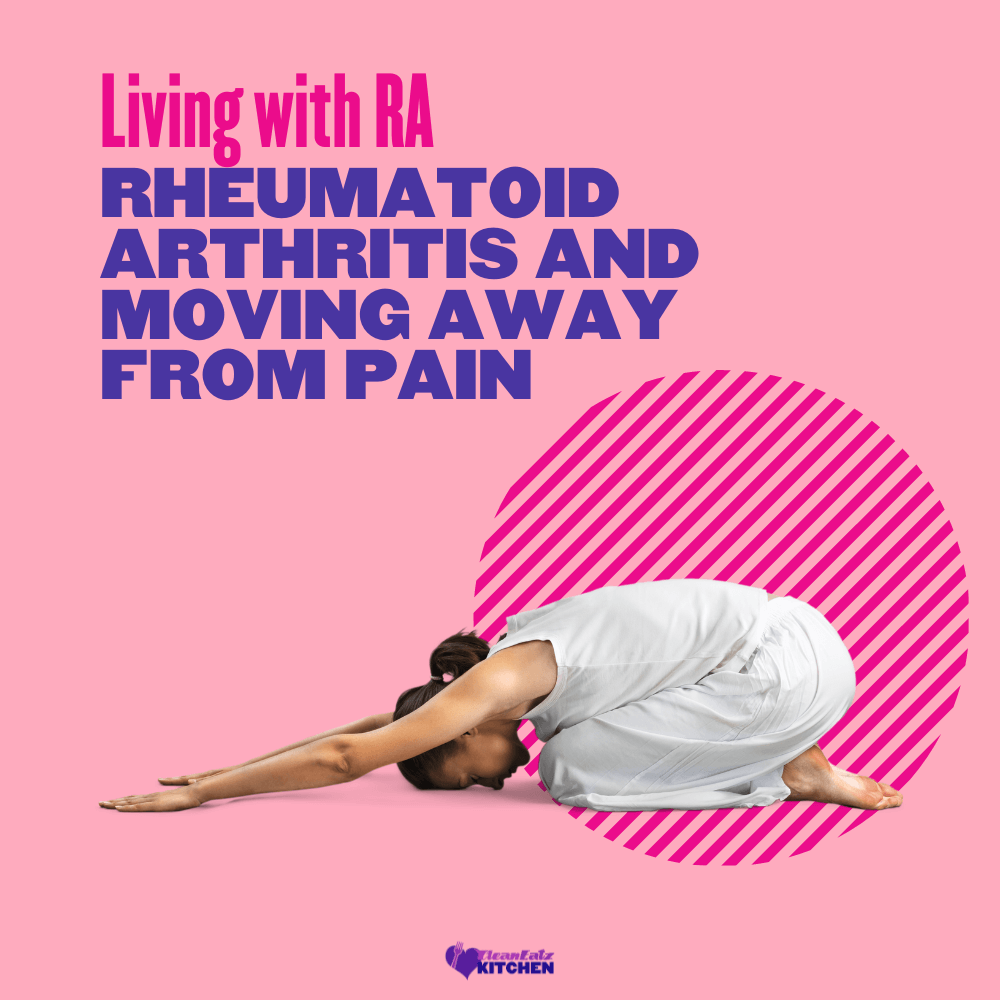
Does Exercise Lower Blood Pressure? A Comprehensive Guide to Exercise and Hypertension
Jason Nista
Exercises & Fitness
|
Healthy Lifestyle
5 minute read
Persistent high blood pressure forces the heart to pump harder, potentially leading to serious health issues like heart attack, stroke, heart failure, and kidney failure. With nearly half of U.S. adults (47%, or 116 million) diagnosed with hypertension, understanding treatments and lifestyle modifications, including "does exercise lower blood pressure?" is a crucial concern.
Today, we delve into research addressing the query: "does exercise help lower blood pressure?" We'll explore if a particular exercise regimen stands out and how you can start reaping benefits immediately.
What is high blood pressure?
Blood pressure is measured by two components: systolic and diastolic. Systolic refers to the heart's ventricles contracting, pushing blood throughout the body. Diastolic represents the pressure as the heart refills between beats, determined by the resistance of blood vessels to blood flow.
High blood pressure, or hypertension, means there's a persistent, elevated force of blood against artery walls. This condition often has no early symptoms but can escalate to major health threats like strokes, heart attacks, and kidney damage.
Does Exercise Lower Blood Pressure? Diagnosis and Medical Treatment
Monitoring high blood pressure consistently aids in diagnosing the condition. Blood pressure readings of <120 systolic and <80 mmHg diastolic are seen as optimal. However, suspicions of high blood pressure arise when consecutive measurements display levels exceeding a systolic and/or diastolic blood pressure of ≥ 130 and ≥ 80 mmHg.
Treatment predominantly involves medication, including five primary classes of drugs designed to lower blood pressure: angiotensin-converting enzyme inhibitors (ACEi), angiotensin receptor blockers (ARBs), beta-blockers, calcium channel blockers (CCB), and thiazide or thiazide-like diuretics. These medicines function by decreasing blood volume or relaxing the blood vessel's smooth muscles, hence mitigating the persistent high pressure.
Yet, the question remains: does exercise help lower blood pressure? The answer is affirmative. Incorporating lifestyle modifications such as a regular exercise routine is highly advocated. Such changes not only address the primary question of "does exercise lower blood pressure", but they also provide numerous other health advantages.
How Does Exercise Help Lower Blood Pressure?
Evidence confirms that exercise wields a significant influence on blood pressure, rivaling the effectiveness of certain drugs in treatment and prevention. Exercise's capacity to regulate blood pressure doesn't solely hinge on weight alterations, though maintaining an optimal weight does enhance its efficacy.
Stress-reducing techniques, including yoga, meditation, and guided breathing, further substantiate the positive answer to "does exercise help lower blood pressure".
Here are various ways exercise impacts blood pressure and associated health threats:
- Enhances ventricular structure, function, and peripheral vascular health.
- Diminishes arterial rigidity and augments endothelial function.
- Assists in weight control and reduction.
- This leads to substantial reductions in body and abdominal visceral fat upon training.
- Betters cholesterol, LDL, HDL, and triglyceride levels.
- Efficient in managing blood glucose.
- And many more benefits.
Is one exercise better than others for blood pressure?
Does exercise lower blood pressure more effectively with certain workouts? Both aerobic and strength training can positively impact blood pressure. Still, evidence leans towards regular aerobic exercise as the most beneficial form when asking, "does exercise help lower blood pressure?"
Nevertheless, a mix of resistance and endurance training appears to be the most advantageous for lasting results and sustaining the program, given the variation in intensity and types of exercises.
For those inquiring, "does exercise lower blood pressure?", a general guideline suggests that individuals with high blood pressure should engage in at least 150 minutes of moderate-intensity or 75 minutes of vigorous-intensity aerobic exercise weekly. Alongside this, two resistance exercise sessions can further amplify the benefits and help keep high blood pressure under control.
However, it's important to note that one doesn't have to push too hard in every session. For those unfamiliar or not comfortable with exercising, starting small, such as walking twice a day, can be an effective treatment for mild hypertension. This approach too answers the query, "does exercise help lower blood pressure?"
Final Thoughts
High blood pressure, a prevalent health concern, poses significant risks to one's well-being. The good news is that regular exercise can be a potent weapon in combatting hypertension. While medication remains a primary treatment for those with the condition, incorporating a fitness regimen offers a natural way to reduce blood pressure. From aerobic activities to strength training, a well-balanced approach to exercise not only addresses the question "does exercise lower blood pressure?" but also brings forth numerous other health benefits, emphasizing the importance of an active lifestyle.
FAQ
Does exercise immediately lower blood pressure?
While exercise can cause a temporary increase in blood pressure due to increased heart rate, regular physical activity strengthens the heart, enabling it to pump more blood with less effort. Over time, this reduces the force on arteries, leading to lower blood pressure.
What kinds of exercises are most recommended for people with hypertension?
Aerobic exercises, such as walking, jogging, swimming, and cycling, have been shown to be particularly effective. Strength training can also be beneficial when done in moderation. However, it's always best to consult with a healthcare professional before starting any new exercise regimen.
Can exercise replace medication for high blood pressure treatment?
While exercise can significantly help lower blood pressure, it's essential to consult with a healthcare provider. Depending on the severity of hypertension and other individual factors, medication might still be necessary. Regular exercise can complement medical treatments, possibly leading to reduced dosages over time, but should not replace them without medical advice.
Related Articles
Can My Dog Help Me Lose Weight?
6 minute read
When is the Best Time to Workout?
5 minute read



